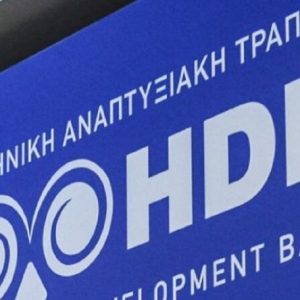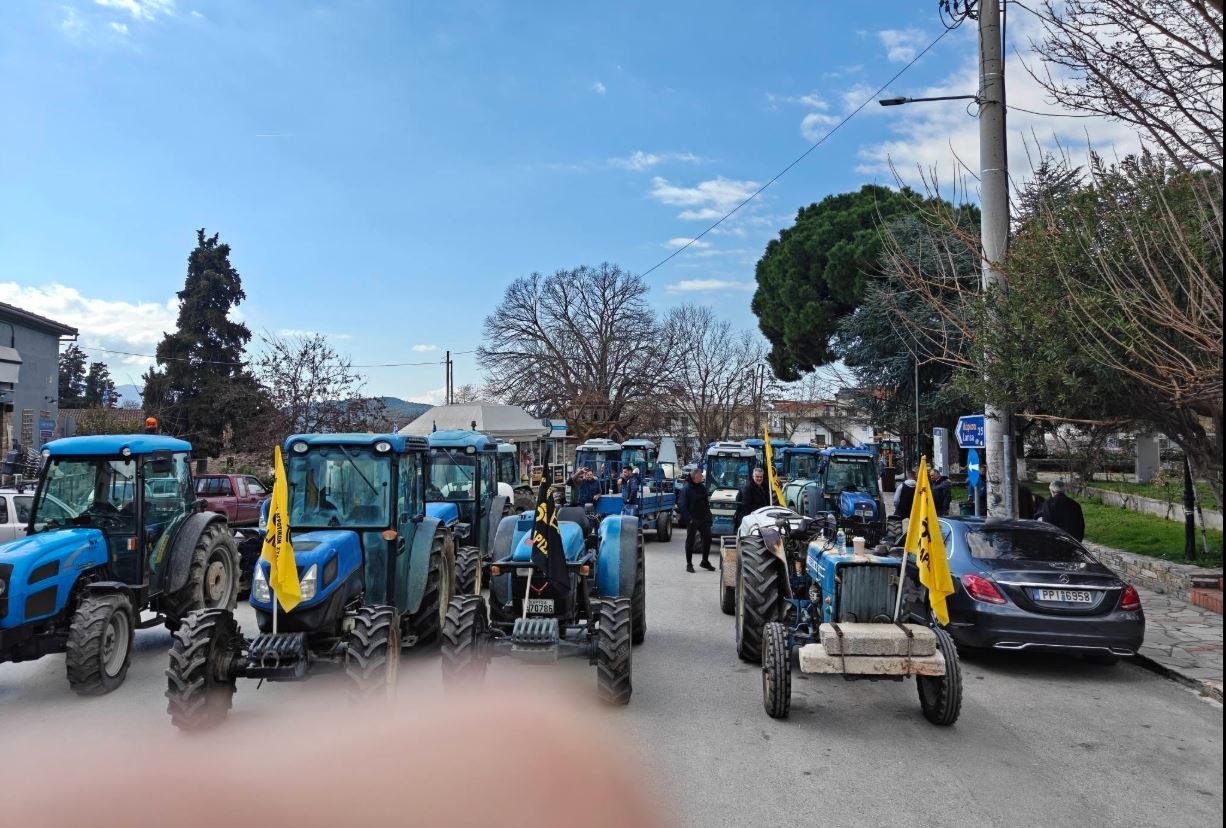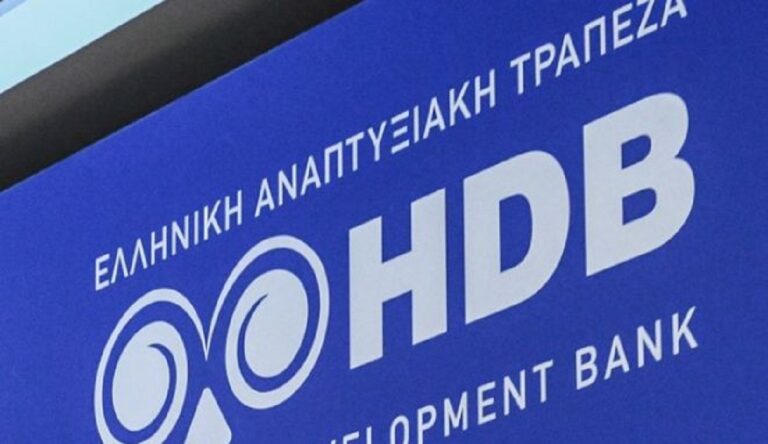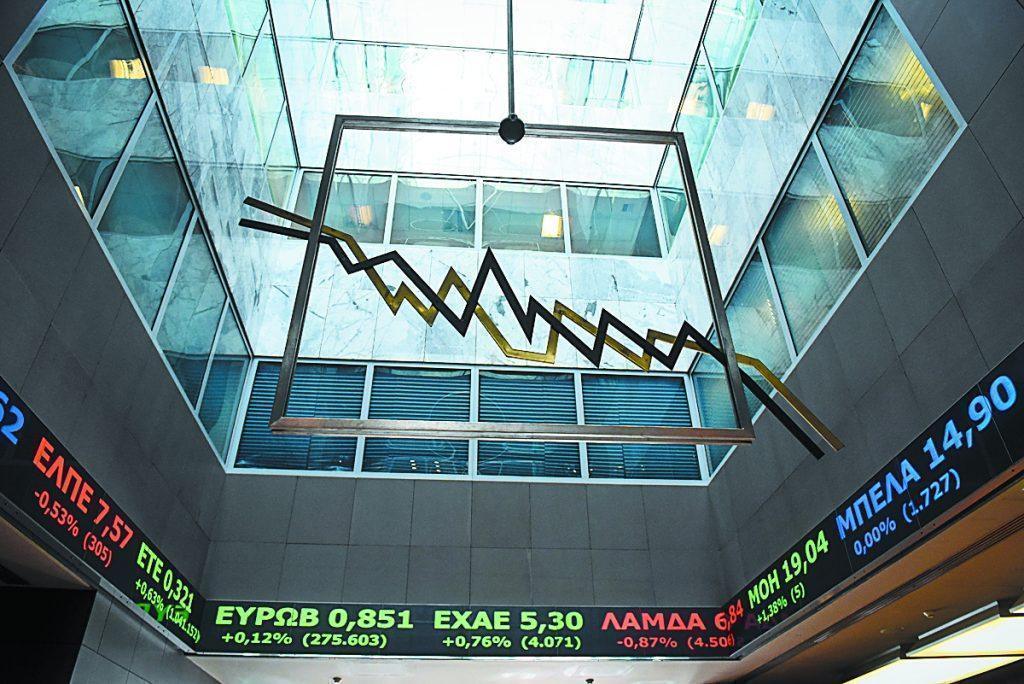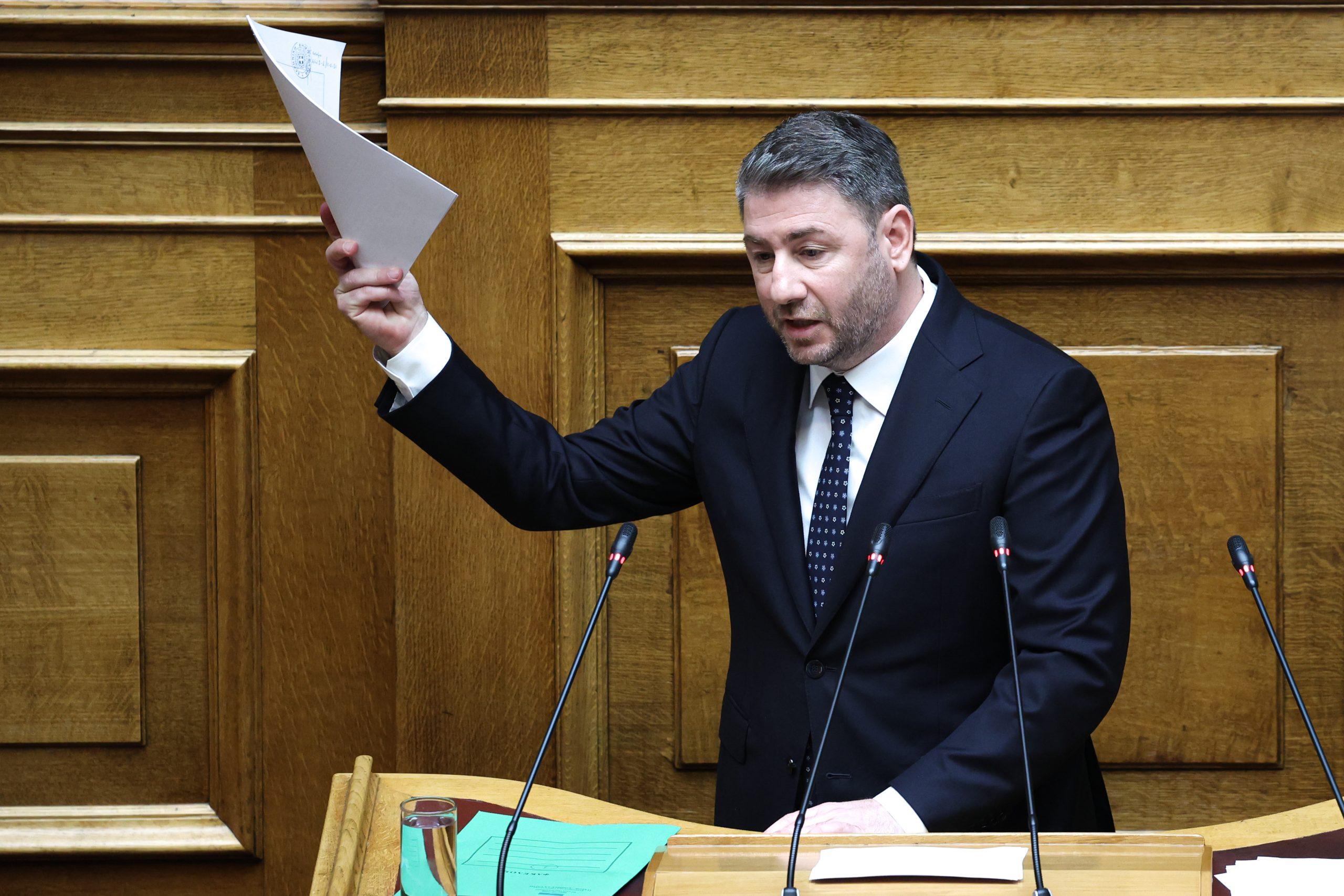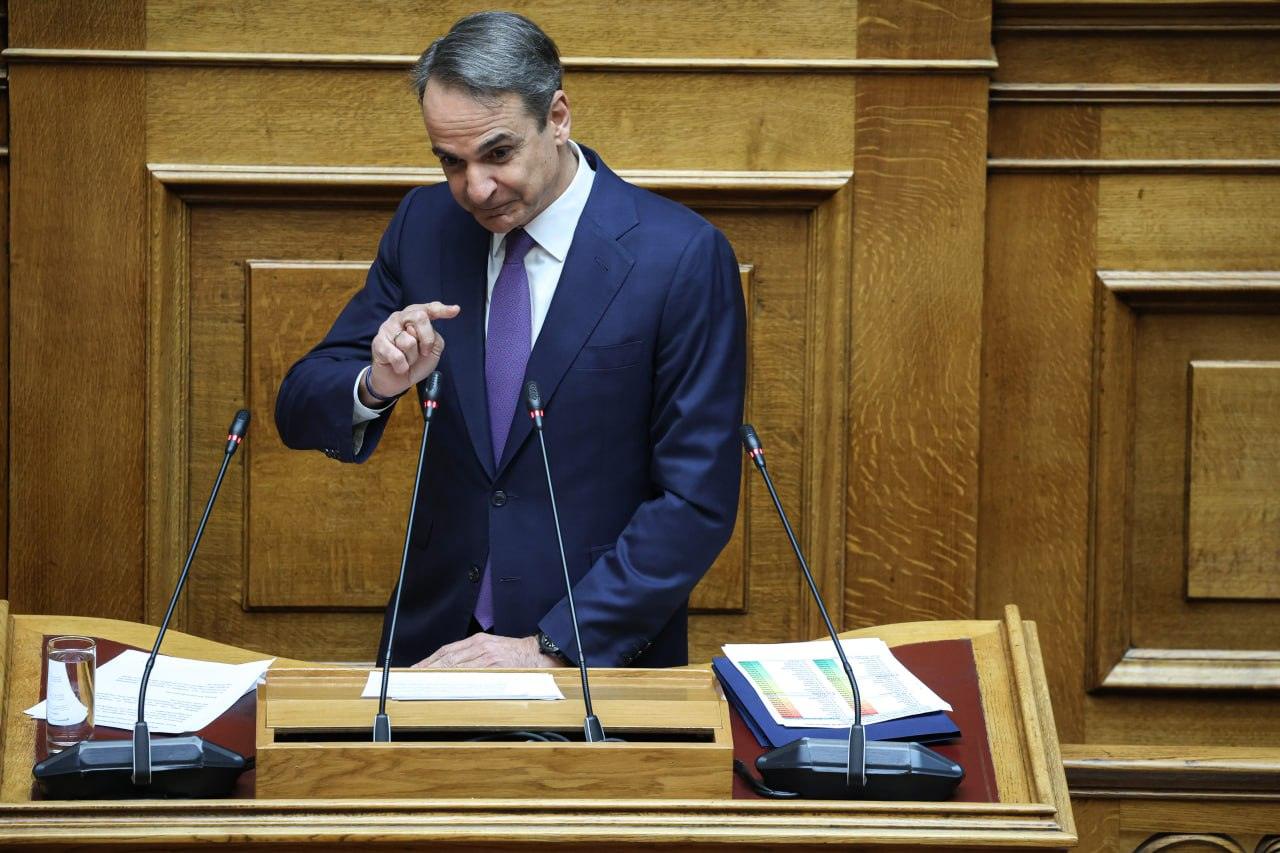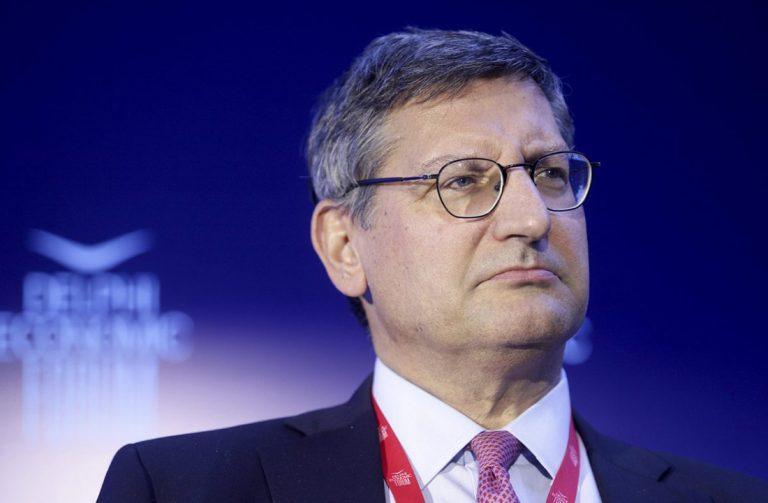Turkey’s latest attempt this week to illegally stake out maritime zones in the central and east Mediterranean by signing another agreement with the provisional – and now expired – Libyan government in Tripoli, and the immediate rejection by the strife-plagued country’s legislature, dominated diplomatic activity in Athens a day later.
The agreement, a MoU potentially allowing Turkey and Turkish firms the “right” to explore for hydrocarbons as close as seven nautical miles from the fifth largest island in the Mediterranean – Crete – was greeted with celebratory reaction by Turkish officials and media in Turkey. Conversely, it generated sharp reactions by Athens, the EU and, just as importantly, Libyan lawmakers, especially in the east of the large North African country.
Among others, the up-until-now Libyan oil minister, Mohamed Aoun, was forced out of office this month after denouncing the provisional Dbeibeh government in Tripoli for passing a “…suspicious oil agreement with Turkey to exploit oil and gas in offshore area near Tobruk in eastern Libya.”
What followed was a high-profile reference by Libya’s foreign minister, Najla El Mangoush, who spoke next to Turkish FM Mevlut Cavusoglu during a joint press conference, to the fact that the original 2019 agreement between Tripoli and Ankara has not been ratified. The latter also dampened the initial festive atmosphere by Erdogan-led and poll-trailing AKP government.
Hours after a beaming Cavusoglu penned the latest MoU in Tripoli on Monday, the speaker of Libya’s House of Representatives, Aguila Saleh, said the previously unannounced deal was “illegal”.
Saleh and other lawmakers said the provisional Dbeibeh government’s mandate has ended, meaning that the latter is not authorized to broker international deals. Additionally, opposing Libyan lawmakers said the country is deprived of maritime zones under the contentious agreement.
Opposition to the latest instance of “Turkography” in Mediterranean waters was summed up later on Monday evening, when an announcement by the Libyan House of Representatives stated that the agreement “…isn’t even worth the ink with which it was printed.”






